Introduction
In an age where data generation is at an all-time high, innovative solutions are required to manage, store, and transmit this information efficiently. Space-based data storage and communication have emerged as promising alternatives to traditional ground-based systems. Utilizing satellites and other space technologies, this approach offers enhanced data security, accessibility, and redundancy. As we continue to explore the vast expanse of space, the possibilities for revolutionizing data management through space-based solutions are becoming increasingly tangible.
Current Plans
Currently, several initiatives aim to establish space-based data storage and communication systems. Notably, projects like SpaceX’s Starlink and OneWeb are developing extensive satellite constellations designed to provide global internet coverage. Beyond internet connectivity, researchers are exploring the use of satellites for direct data storage, leveraging their unique vantage point to facilitate secure data transmission and storage solutions.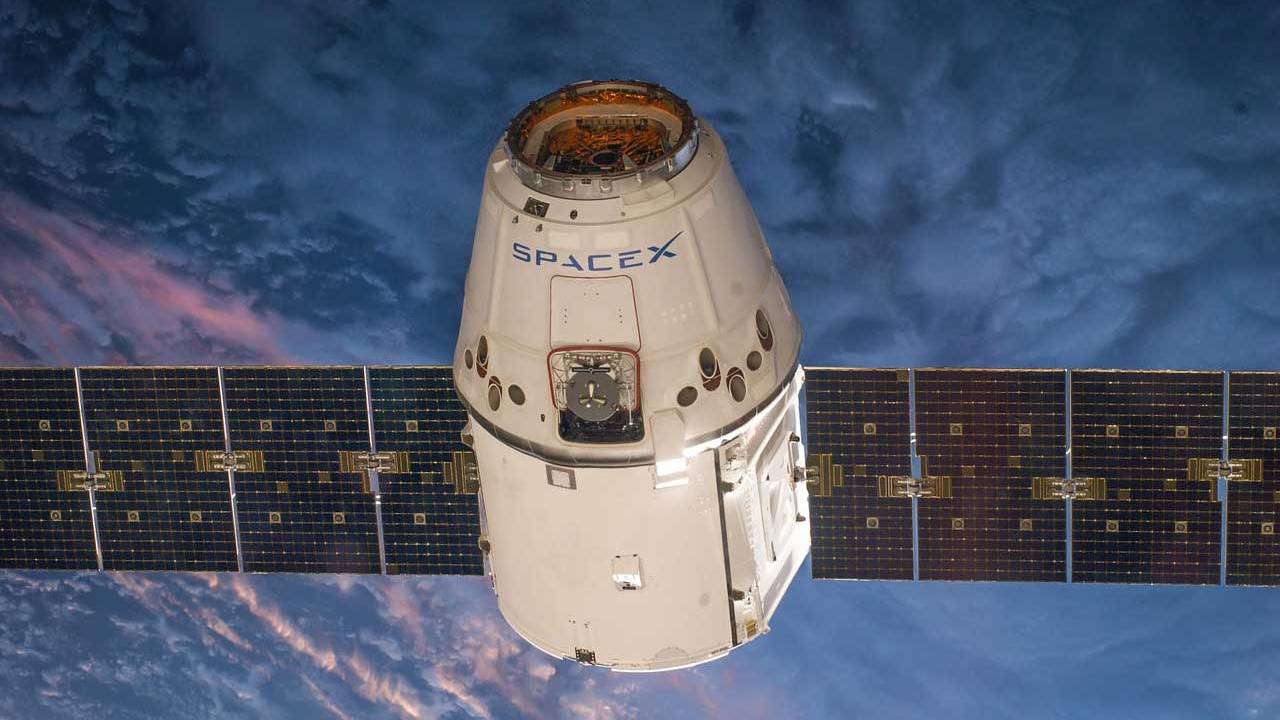 NASA’s Artemis program, which aims to return humans to the Moon, includes plans for establishing lunar infrastructure that could serve as a hub for data storage and communication. These initiatives reflect a growing recognition of the potential benefits of space-based systems, prompting both government and private sector investments.
NASA’s Artemis program, which aims to return humans to the Moon, includes plans for establishing lunar infrastructure that could serve as a hub for data storage and communication. These initiatives reflect a growing recognition of the potential benefits of space-based systems, prompting both government and private sector investments.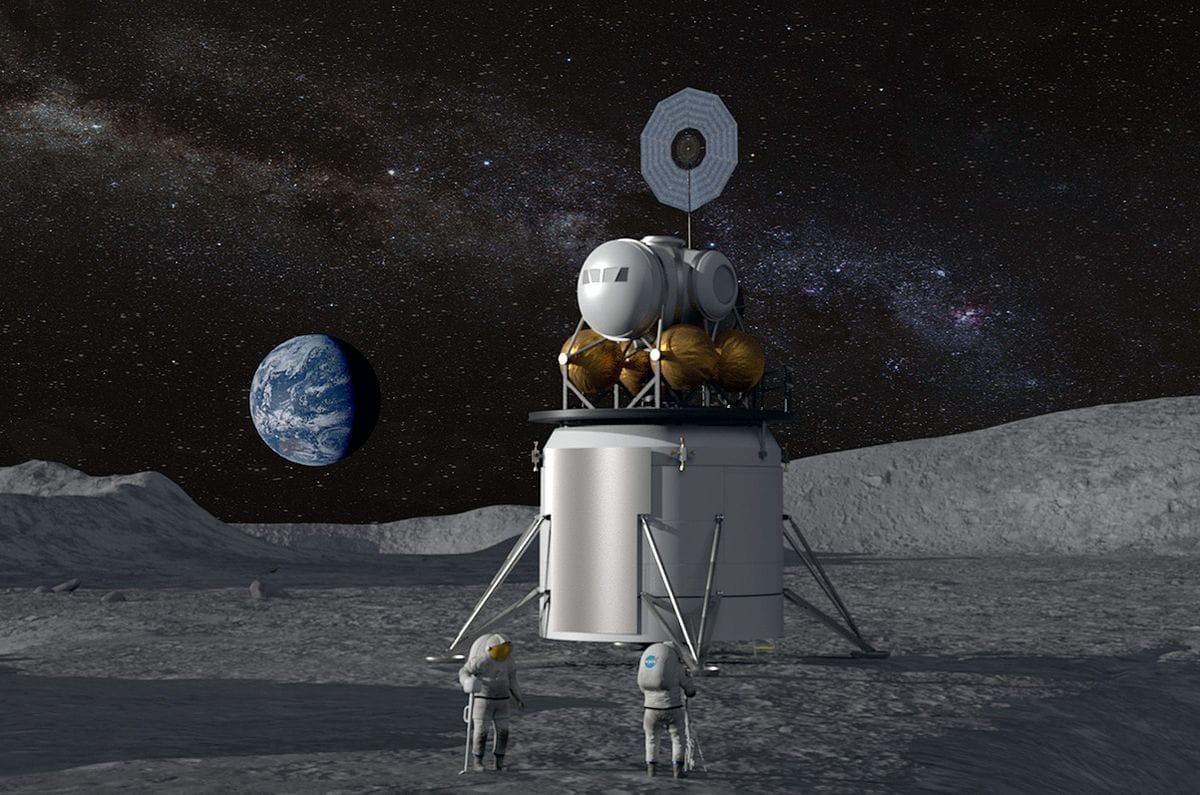
Technology
Space-based data storage and communication rely on advanced technologies, including satellite networks, laser communication, and cloud computing. Satellite networks enable data to be transmitted across vast distances, while laser communication systems promise higher data transfer rates and improved security compared to traditional radio frequency communications.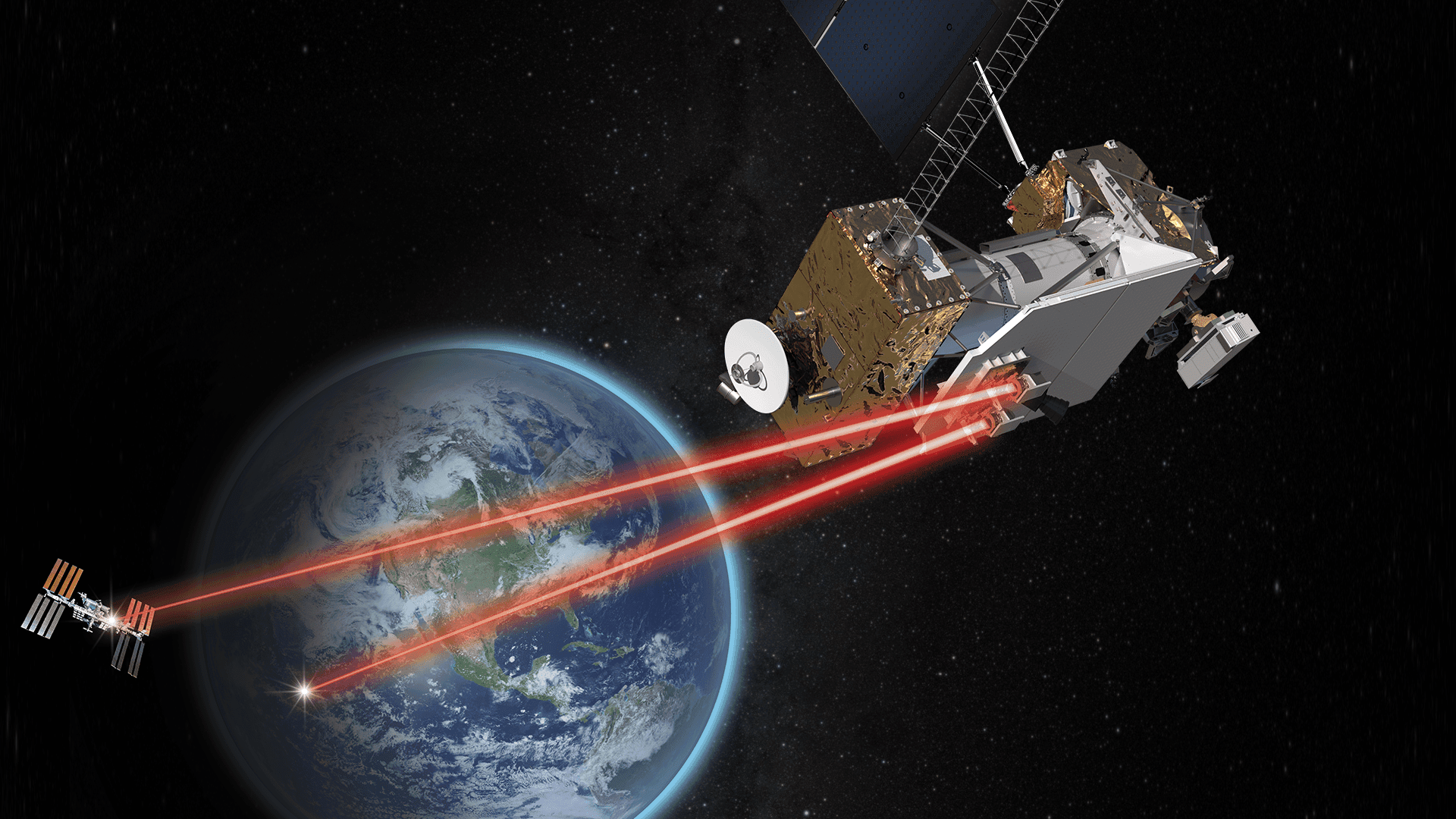 Additionally, the use of quantum encryption for secure data transmission is being explored. Quantum communication harnesses the principles of quantum mechanics to ensure that data remains secure during transmission, making it nearly impossible for unauthorized parties to intercept.
Additionally, the use of quantum encryption for secure data transmission is being explored. Quantum communication harnesses the principles of quantum mechanics to ensure that data remains secure during transmission, making it nearly impossible for unauthorized parties to intercept.
Companies Involved
A number of companies are at the forefront of developing space-based data storage and communication technologies. Some notable players include:
- SpaceX:
Through its Starlink program, SpaceX is working to provide high-speed internet globally while exploring data storage capabilities through its satellite network.
- OneWeb:
This company is focused on creating a satellite constellation to provide internet services, with potential applications for data storage and communication.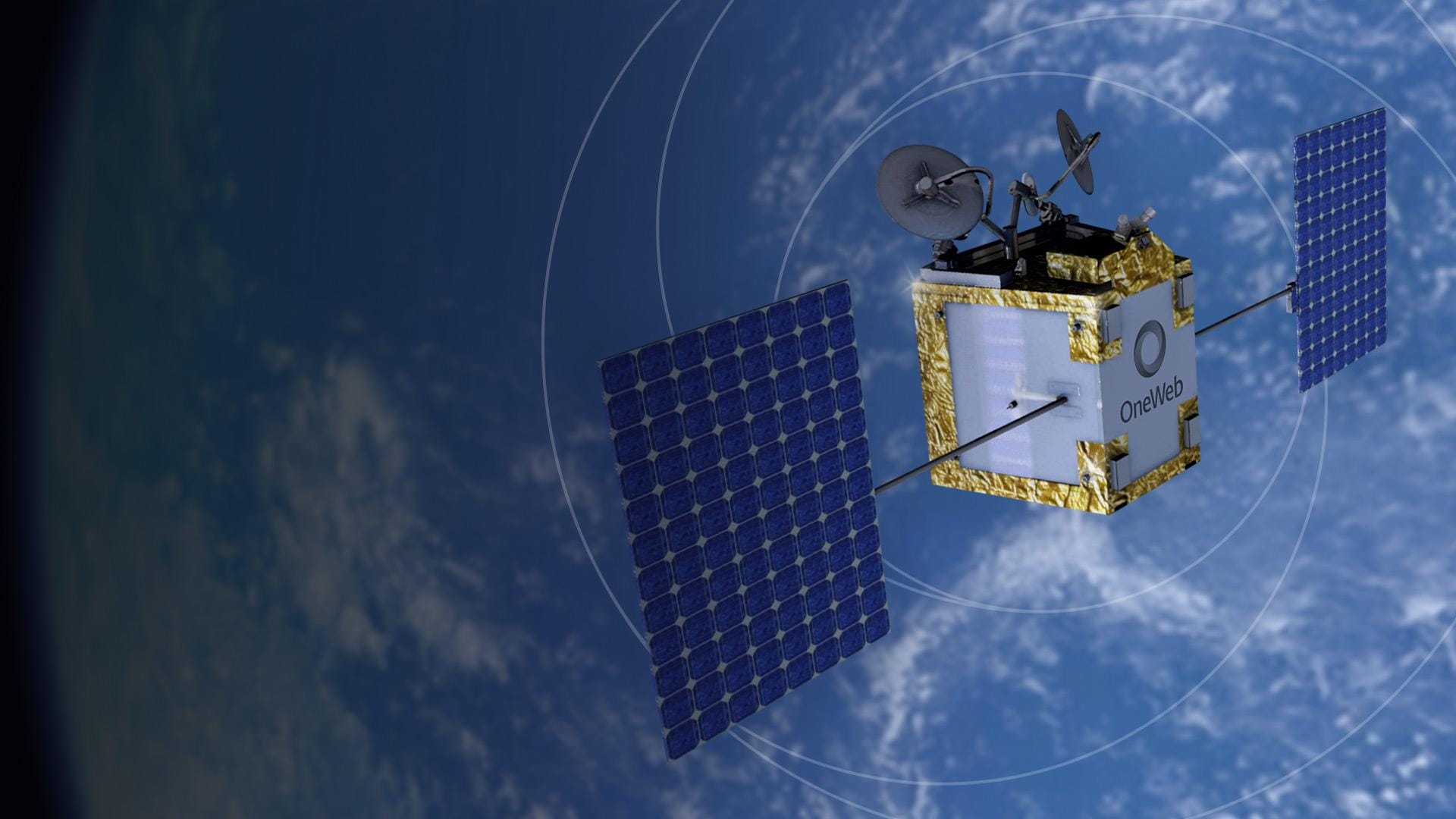
- Amazon Web Services (AWS):
AWS is partnering with various space companies to develop cloud solutions that leverage satellite data transmission and storage.
- SES S.A.:
SES operates a global satellite network and is exploring the integration of data storage capabilities into its offerings.

- Planet Labs:
Specializing in satellite imaging, Planet Labs also provides data solutions that can benefit from space-based storage and communication.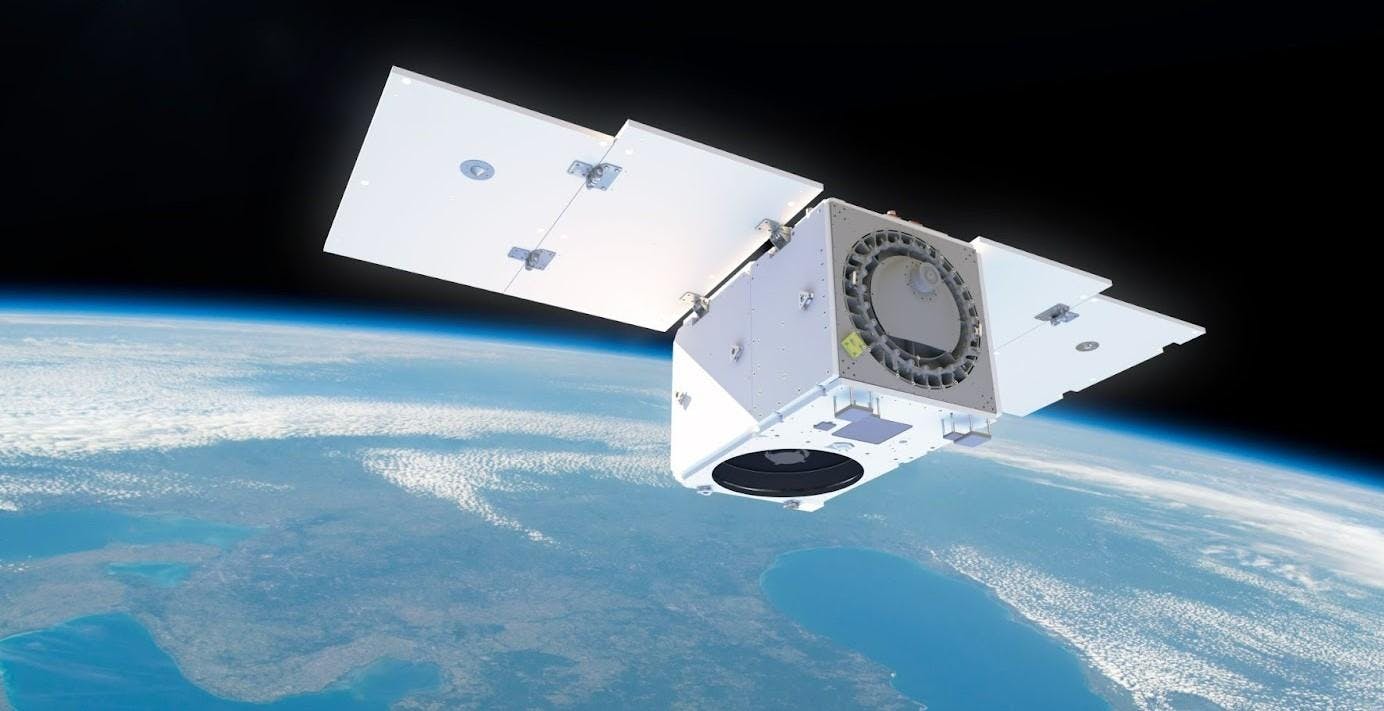
Benefits
The benefits of space-based data storage and communication are numerous:
- Global Coverage:
Space-based systems can provide connectivity in remote or underserved areas where traditional infrastructure is lacking. - Enhanced Security:
Data stored in space can be more secure from physical breaches, and advanced encryption methods can further protect data during transmission. - Disaster Recovery:
Space-based storage can offer an effective solution for disaster recovery, ensuring data is preserved and accessible even when terrestrial infrastructure is compromised. - Scalability:
Space-based systems can be scaled more easily to accommodate increasing data demands without the limitations of ground-based infrastructure. - Reduced Latency:
With advancements in satellite technology, low Earth orbit (LEO) satellites can offer reduced latency in data transmission, improving user experience.
Disadvantages
Despite its potential, space-based data storage and communication comes with challenges:
- High Costs:
Launching and maintaining satellites is expensive, which may limit accessibility for smaller companies and organizations. - Regulatory Challenges:
Navigating international regulations regarding satellite deployment and frequency usage can be complex and time-consuming. - Vulnerability to Space Weather:
Satellites are susceptible to space weather phenomena, such as solar flares, which can disrupt communication and data integrity. - Data Transfer Limitations:
While satellite communication is improving, it still may not match the speed and reliability of fiber-optic networks for certain applications. - Environmental Concerns:
The increase in satellite launches raises concerns about space debris and its impact on the space environment.
Conclusion
Space-based data storage and communication represent a frontier of innovation with the potential to transform how we manage and transmit data in an increasingly digital world. While the technology holds significant promise, careful consideration of the associated challenges is essential. As advancements continue and more players enter the field, the realization of a robust space-based data infrastructure could provide unprecedented benefits, ensuring that data is secure, accessible, and resilient in the face of future challenges. The next decade will be crucial in determining the extent to which these technologies will become integrated into our daily lives and industries


Excellent blog here Also your website loads up very fast What web host are you using Can I get your affiliate link to your host I wish my web site loaded up as quickly as yours lol